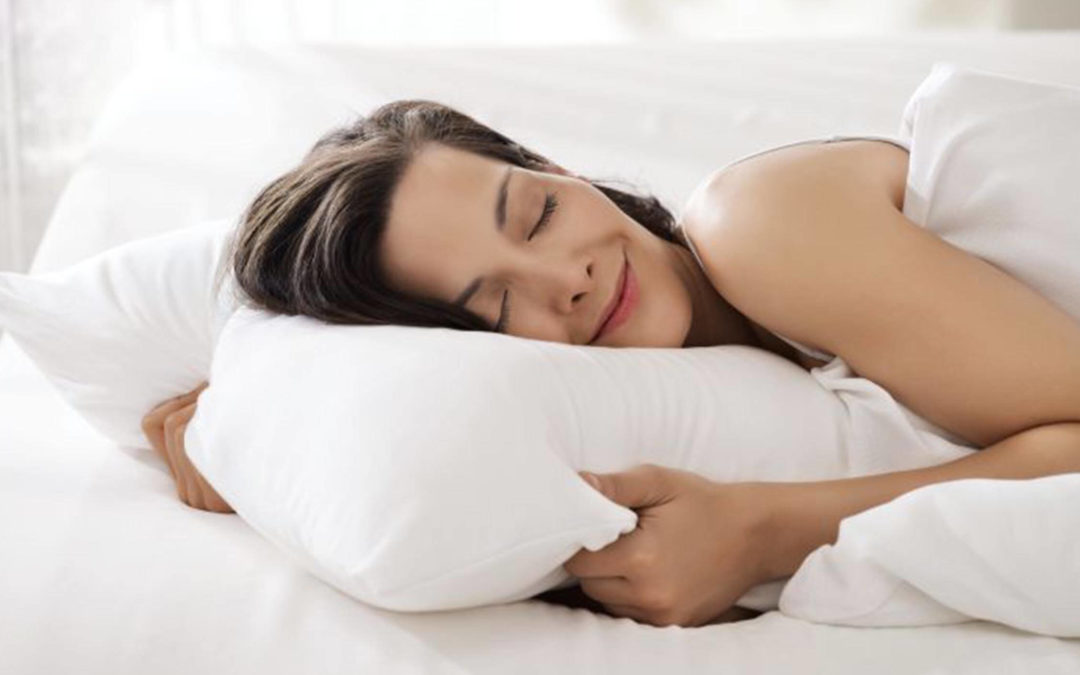The Habits of Health Transformational System is unique in the health world for many reasons, from how we approach the way you make choices to how we manage fuelings and movement. One of the cornerstones of the System is Habits of Healthy Sleep—an aspect of health that is nearly universally ignored by gurus and legitimate medical professionals alike.
Sleep can be the linchpin of your health journey. It can be the secret to your success or the source of unending frustration.
When we do not get the recommended amount of sleep—typically 7 to 8 hours of restful sleep per night—we begin to see:
- Difficulty regulating appetite
- Poorer decision-making ability
- Increased inflammation
- Increased stress
- Slower mental and physical recovery
These are all problems and challenges in their own right, but the greater challenge is that many people exist permanently in a cycle of sleepless nights and bedraggled days. Sacrificing sleep has become so normal that the consequences of poor sleep are all but invisible to us. When we think about transforming our health, we think about eating healthier and moving more, and we rarely consider the sleep we get (or rather, don’t get).
No matter where you are in your health journey, improving your sleep will almost immediately lead to benefits for your wellbeing. The longer you put it off, the longer you will needlessly struggle in other areas of your health as your lack of sleep weighs you down.
Dr. A’s Habits of Health has a complete, in-depth guide for mastering your Habits of Health Sleep, but here are some brief tips to get you started:
- Set a bedtime and stick to it. Count back 8 hours from when you need to wake up to determine the time you need to get to bed.
- Implement a digital sunset. An hour before your bedtime, put away your devices, dim the lights, and start a relaxation ritual (such as a bath or reading a book) to prepare your mind for sleep.
- Reduce your caffeine intake. If you continue to drink caffeine, stop by the afternoon to avoid the halflife of the chemical from keeping you awake later than you intend.
- Create a sleep oasis. Clean your bedroom. Get a comfortable mattress. Reduce the temperature. Block out the light. When you step into your bedroom it should feel pleasant and calm.
- If you can, avoid exercising late in the evening as this primes your body to anticipate more activity.
- If you find your mind racing, try mindfulness meditation or journaling so that you can process your emotions and ready your brain for rest.
Sleep is a key health opportunity that opens the door to dozens of rewards. The sooner you practice better Habits of Healthy Sleep, the sooner you can reap the benefits.
Sleep tight.

